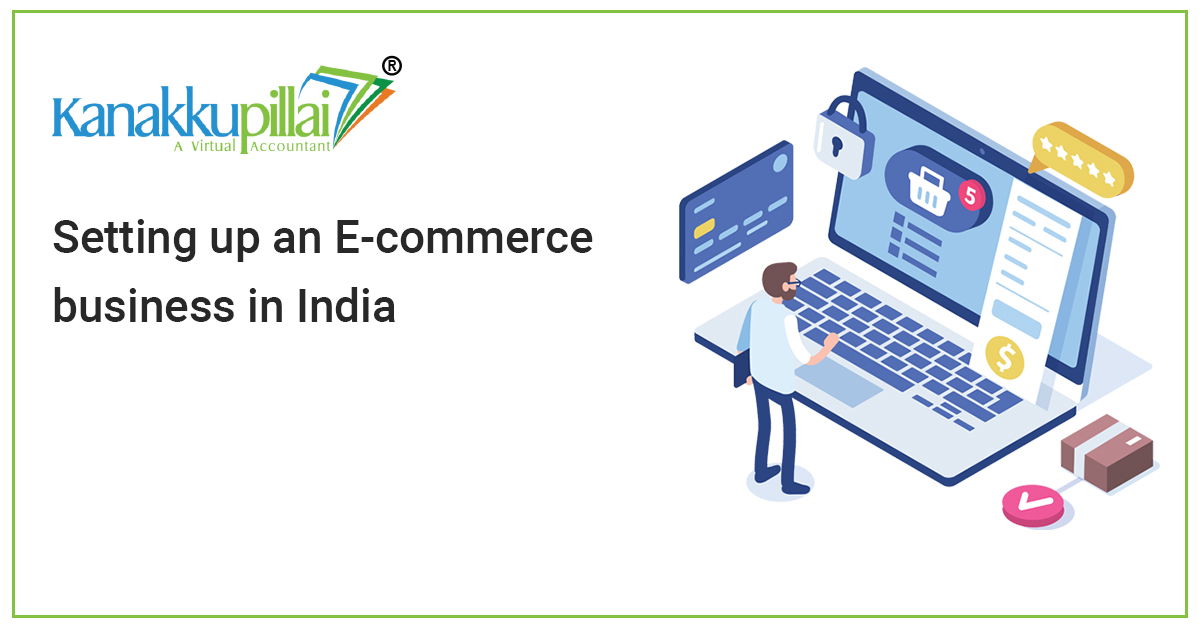Step 1: Decide on the perfect business plan and model
Step 2: Brand your brand
Step 3: Register your e-commerce business
Step 4: Opening a bank account
Step 5: Build your e-commerce website
Step 6: Payment gateways
Step 7: Logistics
Create your e-commerce website:
Starting an exclusive e-commerce business requires a web development team, an online marketing team, and a payment portal to accept payments. Starting your e-commerce site is a long-term activity and requires a decent measure of interest in cash and effort to develop a successful business.
Joining an established marketplace:
Joining an e-commerce marketplace as a seller often requires only a bank account and VAT registration, making the process easy. Further, on an e-commerce or m-commerce platform, aspects such as technology development, marketing, payment gateway, logistics, etc., are taken care of by the marketplace platform, reducing the seller’s workload. In addition, sellers can often join multiple marketplaces and sell their products, making it the easiest way to start an online or e-commerce business.
Legal Formalities for Starting an E-commerce Business:
- Company or LLP Registration
- VAT Registration
- Bank Account
- Payment Gateway
- Legal Document
The e-commerce industry is increasing, resulting in an enormous development in India’s smartphone and internet penetration. With further increments in internet service providers and the deployment of 3G and 4G services at reasonable costs, the e-commerce and m-commerce industries are set to record considerably higher growth. In this article, you must have read the technique for beginning a fruitful e-commerce business in India. I hope it helps you open an e-commerce business.





